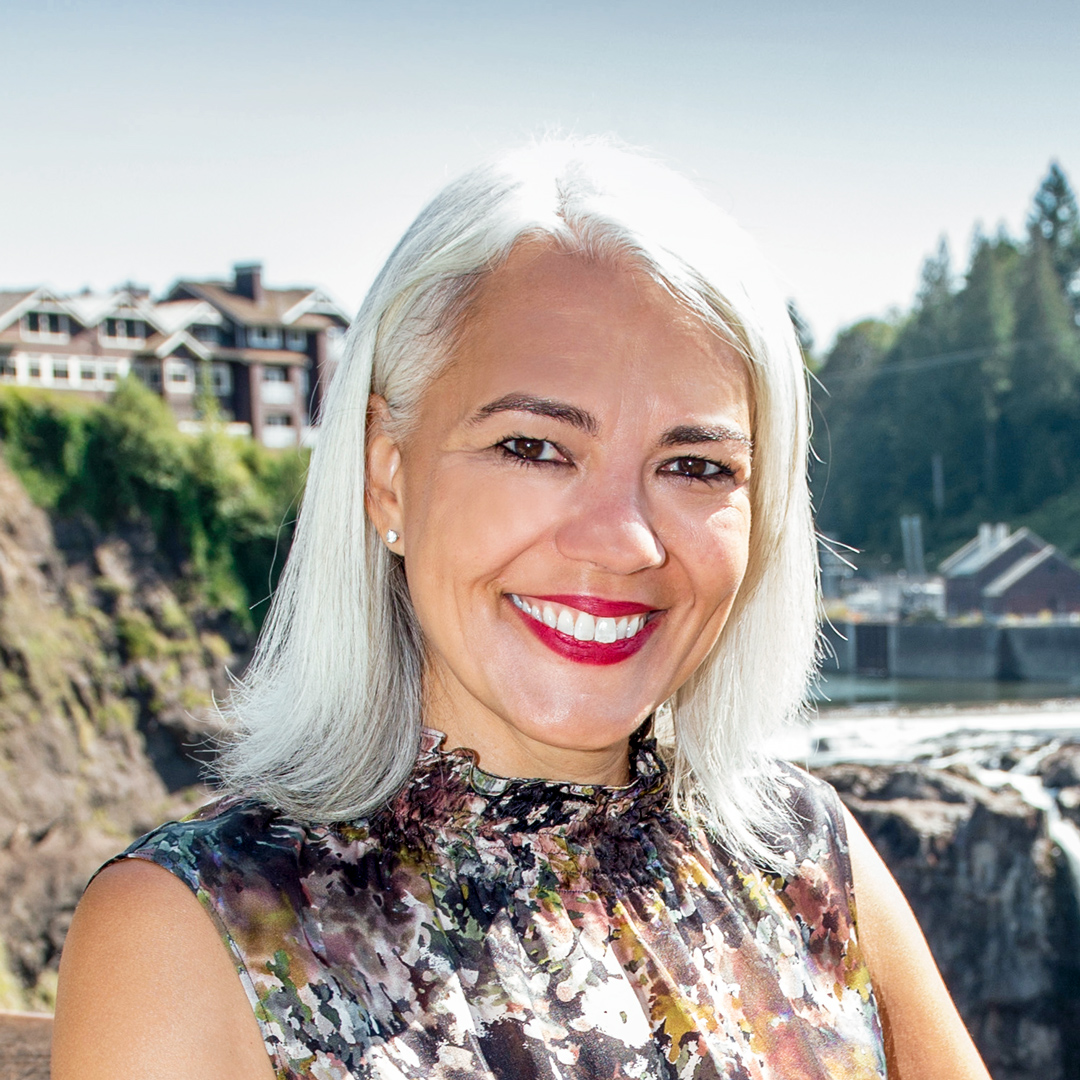The number of women in corporate leadership remains disappointingly low. According to a recent report from the Center for American Progress, they occupy just 25 percent of positions for executive- and senior-level officials and managers at companies in the S&P 500. When it comes to the board seats of those companies, they occupy only 20 percent, and when it comes to CEO positions, they occupy only 6 percent. L. Scott Askins wants to see those numbers change, and when she got a call about a job offer from Rob Frohwein, CEO and cofounder of Kabbage Inc., she saw her chance to be involved with a company making more of an impact.
At the time, Askins had been working as general counsel for Premiere Global Services Inc. (PGi) for twelve years and was helping the collaboration software and services company go private. Before that, she’d helped WebMD, the online health information provider, file to go public. Kabbage, though, a fintech company with a platform providing small businesses access to working capital, not only represented an opportunity for her to push her skill set in a new sector but also had a team and a mission that aligned well with her values.
For one, Kabbage’s president and one of its cofounders is a woman, Kathryn Petralia. For another, there is a significant number of women on its executive team. And then there’s Kabbage’s primary objective to empower entrepreneurs, many of them women- and minority-owned small businesses, in making a significant leap through access to capital. “A large percentage of small businesses are started by women,” Askins says. “Small businesses fuel economies across the globe, and Kabbage makes it easier for them to access the capital required to grow.”
Askins took the job and has since been with Kabbage for about two and a half years, overseeing legal and compliance matters companywide from its Atlanta headquarters. Her eight-member team works closely with Kabbage’s policy team to ensure transparency with regulatory authorities. Askins considers herself a business-practical attorney who explores all angles of an issue and how it might impact the company. The attitude stems from her time studying finance and accounting at Clemson University before attending law school at the University of South Carolina and at New York University, where she also earned an LLM in taxation. “I like the art of a deal, if it’s a strategic deal for the company,” she says.
Kabbage’s growth doesn’t surprise Askins, who says the company is serving an underserved market. The company’s platform works with an FDIC-insured bank to allow small businesses to access lines of credit up to $250,000 and take the exact amount of capital they need, when they need it. Additionally, 95 percent of its clients have a fully automated experience, with applications completed online within minutes via proprietary credit models utilizing machine learning to analyze business performance, not just credit scores. “We’re taking the human bias out of traditional small-business lending,” Askins says.
Askins speaks highly of the male mentors who gave her opportunities early on at WebMD and PGi—“They didn’t treat me any differently, and they expected the same from me as from my male counterparts,” she says—but she’s still pleased to work in Kabbage’s corporate culture today. She’s excited about the diverse perspectives, experiences, and backgrounds the company brings together and the thoughtful outcomes they produce. “It serves for a more robust debate about things,” she says. “I really appreciate that we have that here.”
It also means Kabbage does more to amplify a variety of voices. For instance, the company celebrates National Women’s Small Business Month, in October, by providing online content to assist entrepreneurs, including numerous profiles of women-owned small businesses.
Personally, as a firm believer that women must advocate not only for themselves but for others, Askins participates in in-house women’s groups, which network about a variety of legal issues. She’s also involved in OnBoard, a Georgia nonprofit working to increase the number of women on executive boards. “The more women you have in the C-suite means more opportunities for women,” she says.
While corporate advancements for women are happening, Askins feels the pace is still slower than it should be. She thinks of her nine-year-old daughter. “I don’t want her to be in a position like I was, where you are looking around the boardroom but you aren’t seeing anything but white males,” she says. “That isn’t reality. That’s not representative of what our country’s demographics look like.”
With her help, it’s not what boardrooms will look like, either.


